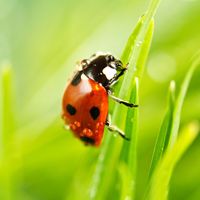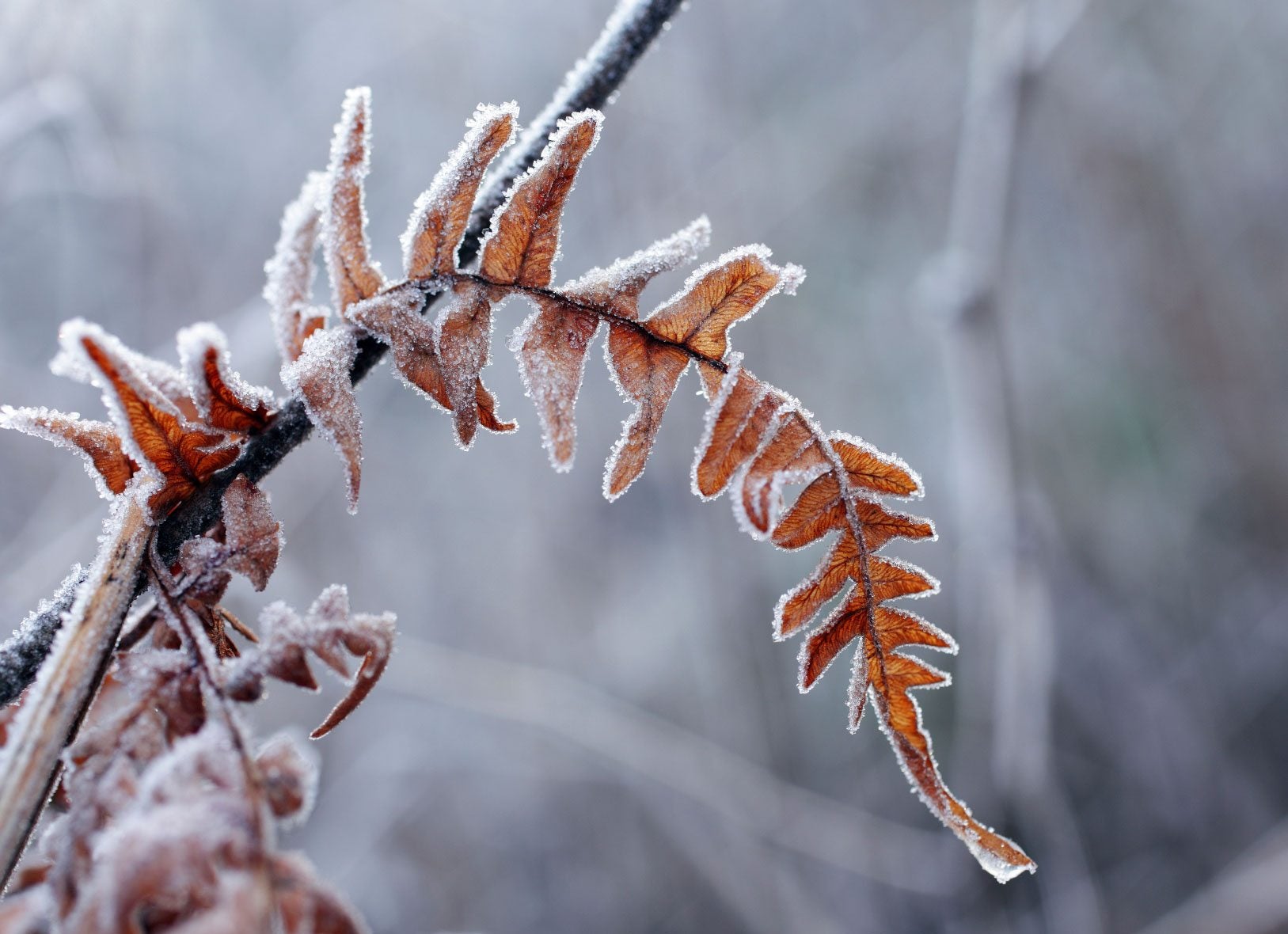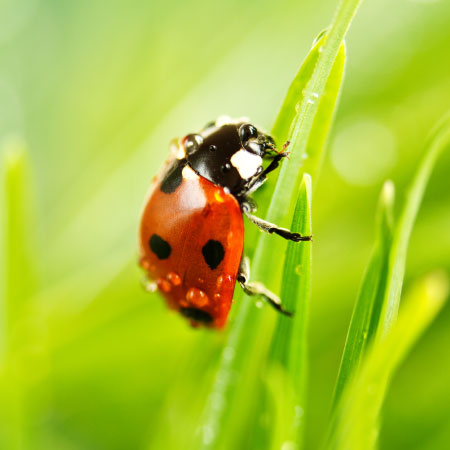Winter Death Of Plants: Why Do Plants Die In Winter


Planting cold-hardy plants may seem like the perfect recipe for success with your landscape, but even these trusty plants can die from the cold if the circumstances are right. Winter death of plants is not an uncommon problem, but by understanding the reasons a plant dies off in freezing temperatures, you'll be more prepared to get yours through the ice and snow.
Why Do Plants Die in Winter?
You were probably very disappointed to discover that your perennials died over the winter, despite their long-lived nature. Plopping a perennial in the ground isn't a guaranteed recipe for success, though, especially if you live in an area where it gets very cold and tends to freeze. A couple of different things can go wrong during your plant's dormancy, including:
- Ice crystal formation in cells. Although plants make a gallant effort to protect themselves from freezing by concentrating solutes like sucralose to depress the freezing point inside their cells, this is only effective to about 20 degrees F. (-6 C.). After that point, the water in cells can actually freeze into crystals that puncture the cell wall membranes, leading to widespread destruction. When the weather warms, plant leaves often have a water soaked look that will turn black quickly. Punctures like this in the plants' crowns may mean it never wakes up to show you how badly it's damaged.
- Intercellular ice formation. To protect the spaces between cells from winter weather, many plants produce proteins that help prevent ice crystal formation (commonly known as the antifreeze proteins). Unfortunately, just like with solutes, this isn't a guarantee when the weather gets really cold. When water freezes in that intercellular space, it's unavailable for the plant's metabolic processes and leads to desiccation, a sort of cellular dehydration. Desiccation isn't a guaranteed death, but if you see a lot of dried up, tan edges on your plant's tissues, the force is certainly at work.
If you live somewhere that never freezes, but your plants are still dying over the winter, they may be getting excessively wet during their dormancy. Wet roots that are inactive are highly susceptible to root rot, which quickly works its way into the crown if left unchecked. Look closely at your watering practices if your plants' warm weather dormancy seems to be a chronic death knell.
How to Get Plants to Survive Over Winter
Getting your plants to overwinter essentially comes down to choosing plants that are compatible with your climate and location. When you choose plants that are hardy in your climate zone, your chance of success goes up dramatically. These plants have evolved to withstand winter weather similar to yours, meaning they've got the right defenses in place, whether that's a stronger form of antifreeze or a unique way of dealing with desiccating winds. However, sometimes even the exact right plants will suffer from unusual cold snaps, so make sure to protect all your perennials before the snow starts flying. Apply a layer of organic mulch that's 2 to 4 inches (5-10 cm.) deep to the root zone of your plants, especially those that were planted in the last year and may not be fully established. Covering younger plants with cardboard boxes when snow or frost are expected can also help them survive an especially trying winter.
Sign up for the Gardening Know How newsletter today and receive a free copy of our e-book "How to Grow Delicious Tomatoes".

Kristi Waterworth was a regular contributor to Gardening Know How for many years, answering countless queries on plant pests and diseases.